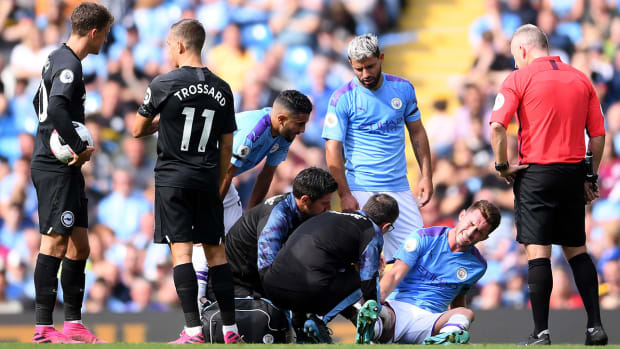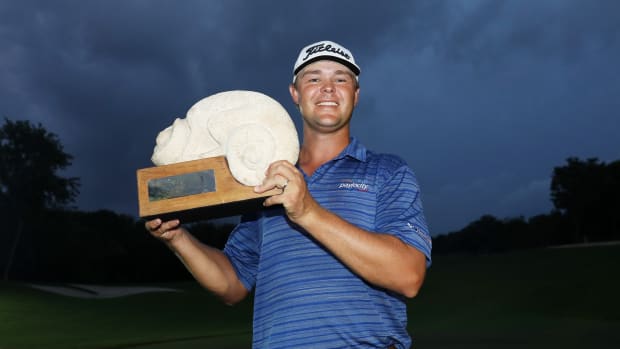Quarantine lifted at New Mexico track after virus outbreak
ALBUQUERQUE, N.M. (AP) Racehorses can come and go at Sunland Park Racetrack and Casino now that New Mexico livestock officials lifted a quarantine Wednesday that had been in place for weeks due to an equine herpes outbreak that infected dozens of horses.
The New Mexico Livestock Board said the quarantine was lifted since no new cases of the fast-spreading virus were reported in the past 14 days.
Board officials said they've been working closely with veterinarians at the track, monitoring the animals and taking twice-daily temperature readings as the first step in checking for infection.
While the board declared containment of the virus, officials still urged people working at the track to clean and disinfect anything the horses had touched or could touch and to limit foot and vehicle traffic at the track.
The Livestock Board was distributing reference sheets in both English and Spanish to workers at the track along the Texas-New Mexico border.
''I think the biggest takeaway from this ordeal will be the need for biosecurity - not just in times of crisis, but all the time,'' Bill Bunce, the board's executive director, said in a statement.
Sunland Park had been on lockdown since Jan. 21, when the first case was confirmed. More than 70 horses were infected and several had to be euthanized.
Two cases were also reported in neighboring El Paso County, Texas, and the Turf Paradise track outside of Phoenix had to impose a brief quarantine since three horses from Sunland Park had been shipped to the track before the outbreak was reported.
''A tough few weeks'' is how Sunland Park general manager Rick Baugh described the situation.
'''This virus is very serious, and all our focus and resources have been dedicated to reducing its impact,'' he said.
Under the quarantine, no horses were allowed on or off Sunland Park property and the nearby Frontera Training Center was also part of the quarantine.
The virus has been documented on farms and at private stables from California to Illinois, Georgia, Pennsylvania, New York and most recently Florida. But the outbreak at Sunland Park sparked concern because there were between 2,500 and 3,000 horses boarded at the track and nearby barns and millions of dollars in purse money was at stake.
The average purse payout per racing day at Sunland Park ranges from $200,000 to $250,000, and horsemen say they lost 180 races because of the outbreak.
The track also was forced to cancel the annual Sunland Derby and Sunland Park Oaks, which are among the races where horses can earn qualifying points if they want a chance to compete in the Kentucky Derby or Kentucky Oaks.
There has been reluctance from some horse owners to ship their animals to New Mexico for fear of another positive case derailing the track's recovery and prompting another quarantine. Some tracks have banned the import of horses that have been in New Mexico due to virus concerns and others have adopted stringent requirements for isolation and testing to keep the virus from spreading.
The EHV-1 virus is highly contagious among horses, but it poses no threat to humans. Symptoms include a fever, nasal discharge and a wobbly gait. In severe cases, it can cause neurological problems and result in death.
It can spread through the air as well as contaminated equipment, clothing and hands.
According to researchers, the virus' ability to reside as a silent and persistent infection provides for continual transmission. The incubation period can last anywhere from a day to 10 days. In some cases it has taken nearly a month for infected animals to shed the virus.
New Mexico regulators now require a horse entering a licensed racetrack or training center in the state to be accompanied by copies of its registration certificate and a current health certificate from a veterinarian attesting to the horse's health and temperature.




